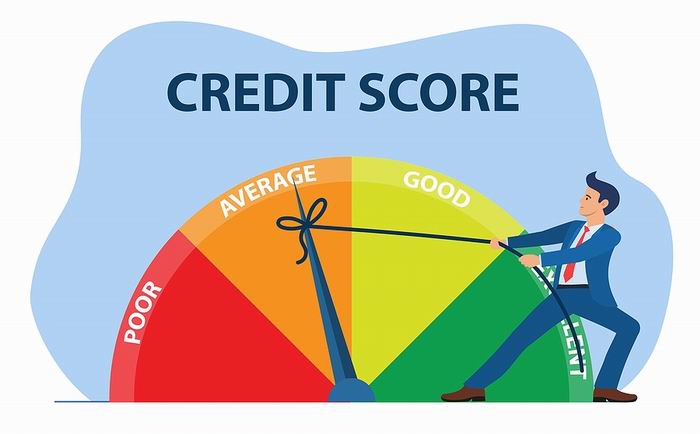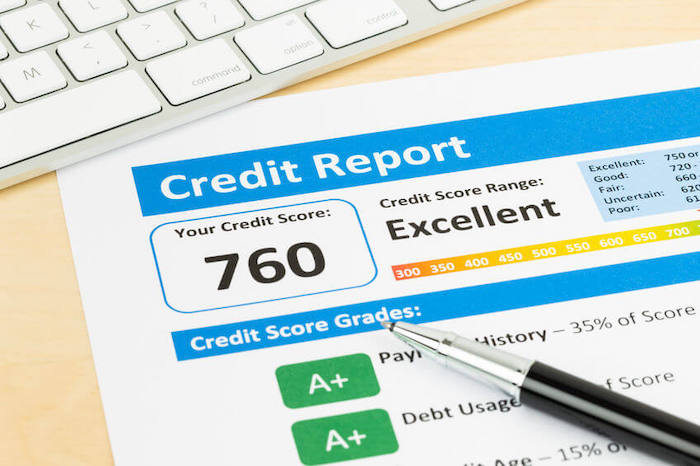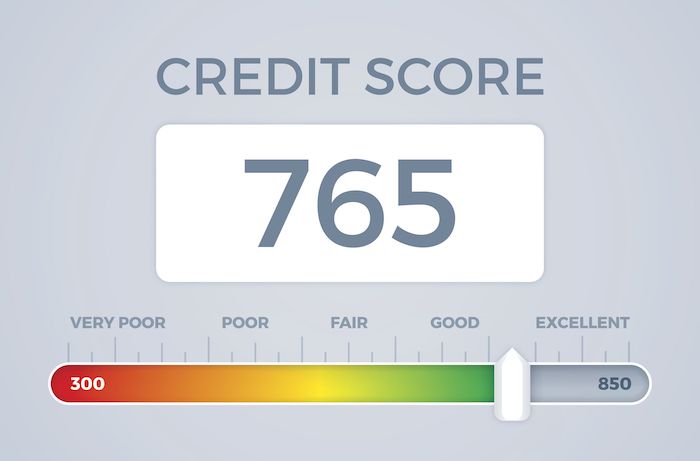Credit scores are an essential aspect of personal finance. They are used by lenders, landlords, and even potential employers to determine the likelihood of an individual repaying their debts. In the world of finance, a credit score is a numerical representation that ranges from 300 to 850. It is calculated based on several factors, including payment history, credit utilization, and length of credit history. In this article, we’ll delve into the fundamentals of credit scores and examine their impact on personal finances.
We will discuss how credit scores are calculated, the different credit bureaus and their scoring models, and the factors that impact a credit score. Additionally, we will examine how credit scores are used by lenders and landlords and how they can affect your ability to obtain loans, rent apartments, and get a job. Finally, we will provide tips for improving your credit score and discuss the importance of monitoring your credit score regularly.
What is a Credit Score?
A credit score is a numerical representation of an individual’s creditworthiness. It is a three-digit number that ranges from 300 to 850 and is based on various factors such as payment history, credit utilization, and length of credit history. Financial institutions, landlords, and lenders rely on credit scores to assess an individual’s creditworthiness and their probability of repaying their debts.
How is a Credit Score Calculated?
Credit scores are calculated using various factors, including payment history, credit utilization, length of credit history, types of credit used, and new credit. These factors are used to determine an individual’s creditworthiness and the likelihood of repaying debts on time.
Different Credit Bureaus and Their Scoring Models
There are three main credit bureaus in the United States: Equifax, Experian, and TransUnion. Each bureau has its own scoring model, and credit scores may vary depending on which bureau’s model is used.
Factors that Impact a Credit Score
Several factors impact a credit score, including payment history, credit utilization, length of credit history, types of credit used, and new credit. Payment history and credit utilization are two of the most critical factors in determining a credit score. Payment history refers to whether or not an individual has paid their bills on time, while credit utilization is the percentage of available credit an individual is using.
Importance of Checking Your Credit Score Regularly
It’s essential to check your credit score regularly to ensure that the information is accurate and up-to-date. Errors on a credit report can negatively impact a credit score, so it’s crucial to address any discrepancies as soon as possible. Additionally, monitoring your credit score can help you detect any fraudulent activity and prevent identity theft.
FAQ:
What is a good credit score?
A good credit score typically ranges from 670 to 739. However, the higher the credit score, the better the individual’s creditworthiness, which can lead to better loan terms and interest rates.
How often should I check my credit score?
It’s recommended to check your credit score at least once a year. However, if you’re planning to apply for a loan or credit card, it’s a good idea to check your credit score beforehand to ensure that the information is accurate and up-to-date.
Does checking my credit score affect my score negatively?
No, checking your credit score does not affect your credit score negatively. However, if you apply for multiple loans or credit cards in a short period, it can negatively impact your credit score.
The Impact of Credit Scores
Credit scores can have a significant impact on an individual’s finances. They are used by lenders, landlords, and even potential employers to determine an individual’s creditworthiness and financial responsibility.
How Lenders Use Credit Scores
Lenders use credit scores to determine an individual’s likelihood of repaying a loan. A higher credit score typically leads to better loan terms and interest rates, while a lower credit score may result in higher interest rates or even loan denial.
How Landlords Use Credit Scores
Landlords use credit scores to evaluate potential tenants’ financial responsibility and ability to pay rent on time. A higher credit score may lead to better rental terms, while a lower credit score may result in the landlord requiring a higher security deposit or denying the rental application altogether.
How Employers Use Credit Scores
Some employers may use credit scores as part of their hiring process. While a credit score may not be the sole factor in the hiring decision, it can give employers an idea of an individual’s financial responsibility and level of trustworthiness.
The Importance of Maintaining a Good Credit Score
Maintaining a good credit score is crucial for individuals who want to obtain loans, rent apartments, or get jobs. A higher credit score typically leads to better loan terms, lower interest rates, and better rental and job opportunities. It’s essential to monitor your credit score regularly and take steps to improve it if necessary.
Improving Your Credit Score
Maintaining a good credit score is essential for individuals who want to obtain loans, rent apartments, or get jobs. If your credit score is not where you want it to be, there are several steps you can take to improve it.
Pay Your Bills on Time
One of the most critical factors in determining a credit score is payment history. It’s essential to pay your bills on time, as missed or late payments can negatively impact your credit score.
Reduce Your Credit Utilization
Credit utilization refers to the proportion of available credit that an individual has utilized. It’s recommended to keep credit utilization below 30%, as high credit utilization can negatively impact your credit score.
Check Your Credit Report for Errors
It’s crucial to check your credit report regularly to ensure that the information is accurate and up-to-date. Errors on a credit report can negatively impact a credit score, so it’s essential to address any discrepancies as soon as possible.
Avoid Opening Too Many New Credit Accounts
Opening too many new credit accounts in a short period can negatively impact your credit score. It’s recommended to only open new credit accounts when necessary and to avoid opening several at once.
Lengthen Your Credit History
The length of your credit history is also a factor in determining your credit score. It’s essential to keep old credit accounts open, even if you’re not using them, to lengthen your credit history.
FAQs:
How long does it take to improve a credit score?
Improving a credit score can take time, but it’s possible to see improvement within a few months. The length of time it takes to improve a credit score depends on several factors, including the severity of the negative items on the credit report and how quickly the individual can take steps to improve their credit score.
Will paying off debt improve my credit score?
Paying off debt can improve a credit score, as it can reduce credit utilization and demonstrate financial responsibility. However, paying off debt alone may not significantly impact a credit score, as other factors, such as payment history and credit history length, also play a role.
Can I negotiate with creditors to improve my credit score?
It’s possible to negotiate with creditors to improve a credit score, especially if there are errors on the credit report or if the individual is struggling to make payments. However, it’s essential to communicate with creditors early on and to be transparent about the situation.
How much will my credit score increase if I pay off my debt?
The amount a credit score will increase after paying off debt varies depending on the individual’s credit history and the severity of the negative items on the credit report. It’s possible to see a significant improvement in a credit score after paying off debt, but it’s important to continue practising good financial habits to maintain the improvement.
What is the fastest way to improve my credit score?
There is no overnight fix for improving a credit score. However, individuals can take steps to improve their credit score, such as paying bills on time, reducing credit utilization, and checking their credit reports for errors. With time and consistent effort, it’s possible to see a significant improvement in a credit score.
Conclusion
Understanding credit scores and their impact on finances is crucial for financial stability. A good credit score can open doors to better opportunities, while a poor credit score can limit them. By taking steps to improve credit scores, individuals can take control of their finances and work towards their financial goals. Remember to pay bills on time, reduce credit utilization, check credit reports for errors, avoid opening too many new credit accounts, and lengthen your credit history. By following these tips, individuals can improve their credit scores and build a solid foundation for their financial future.




